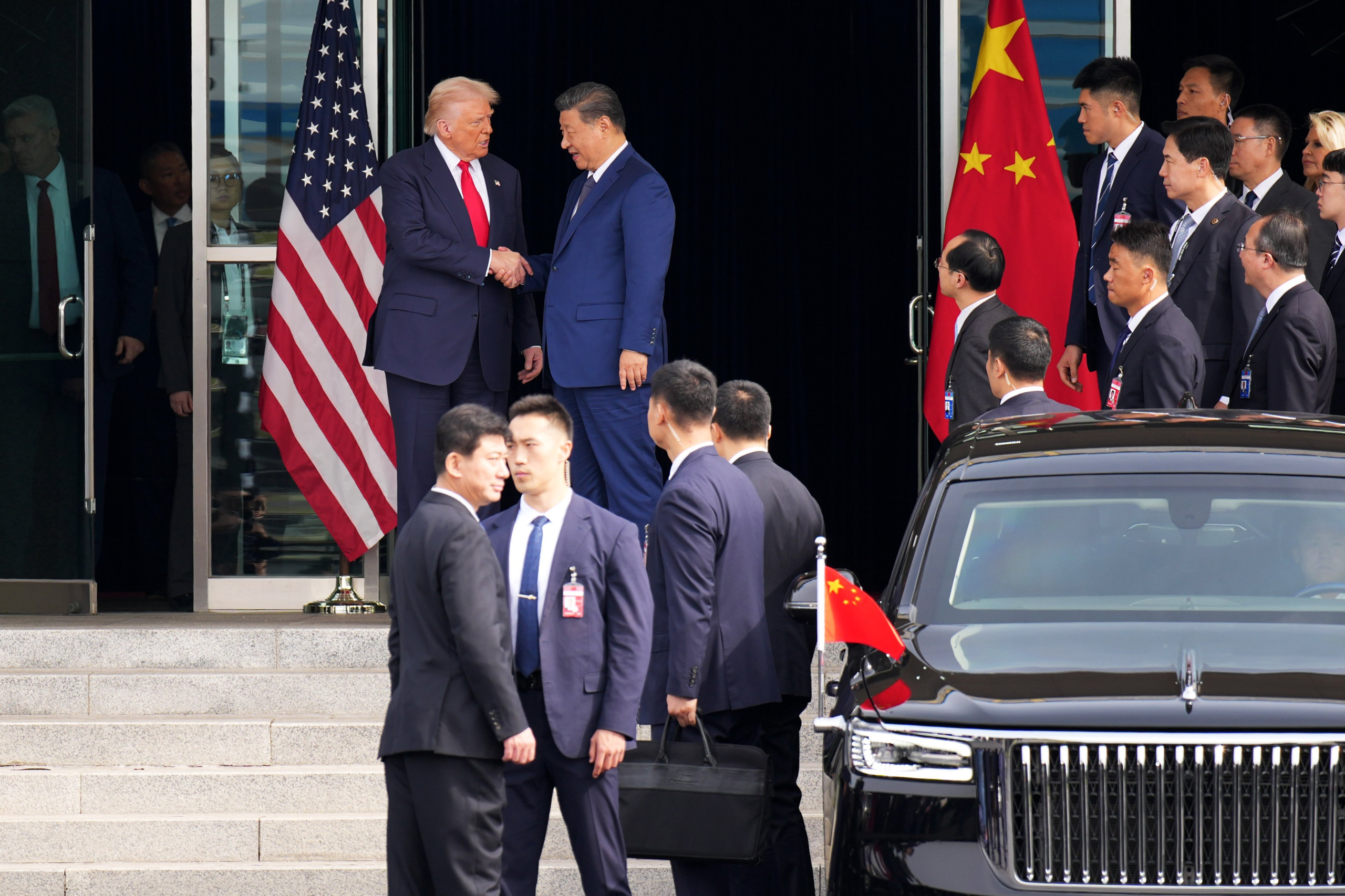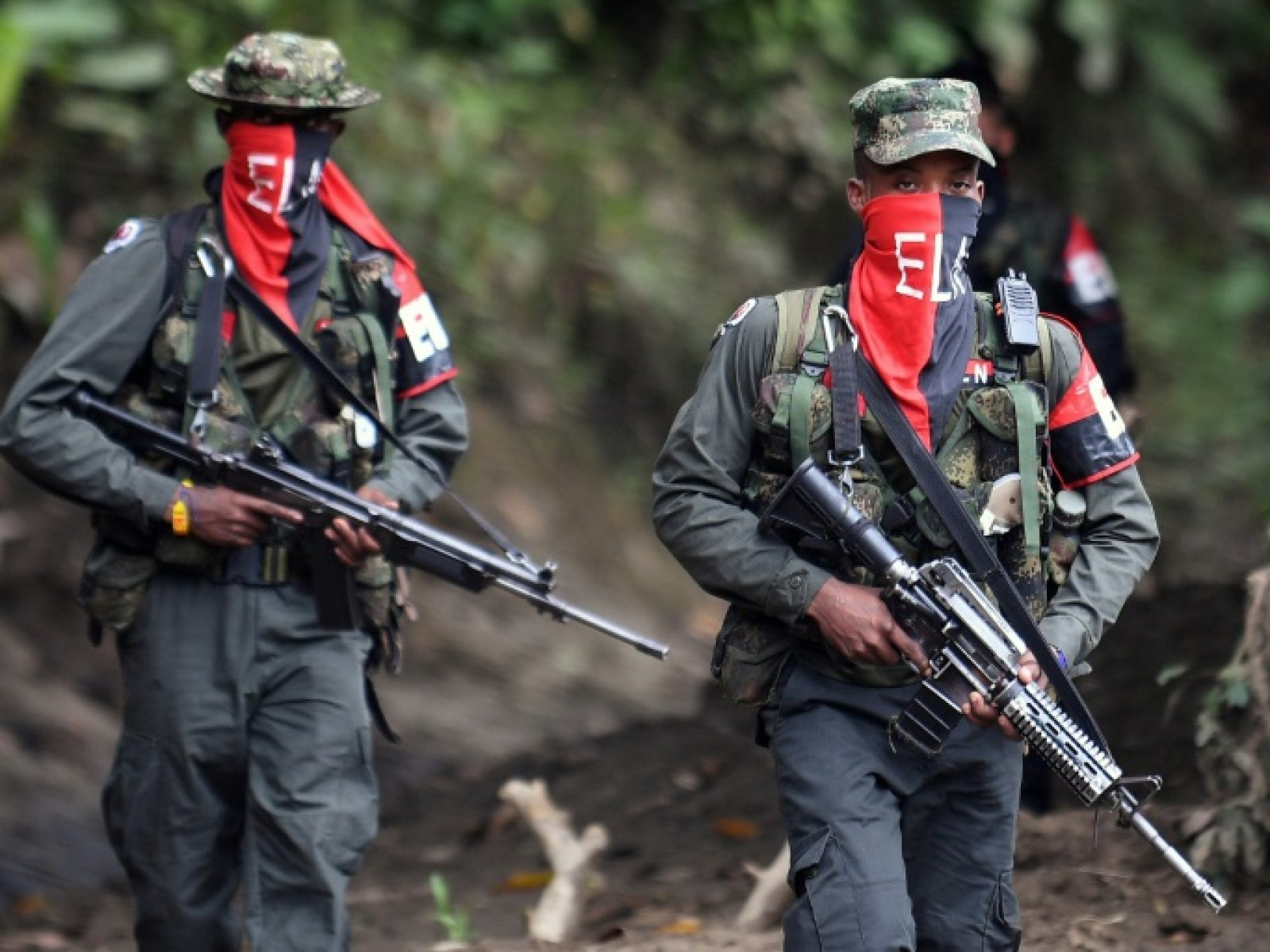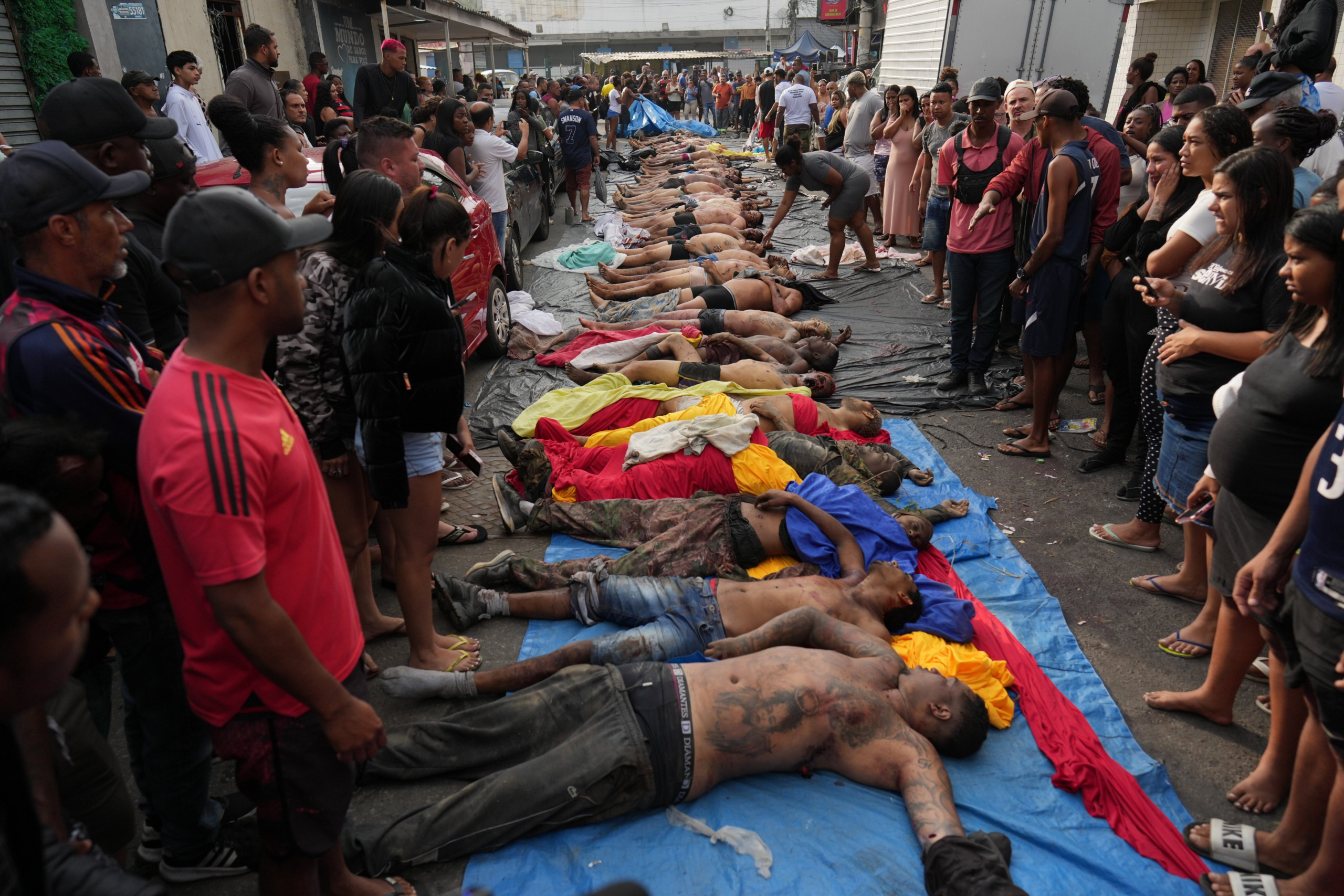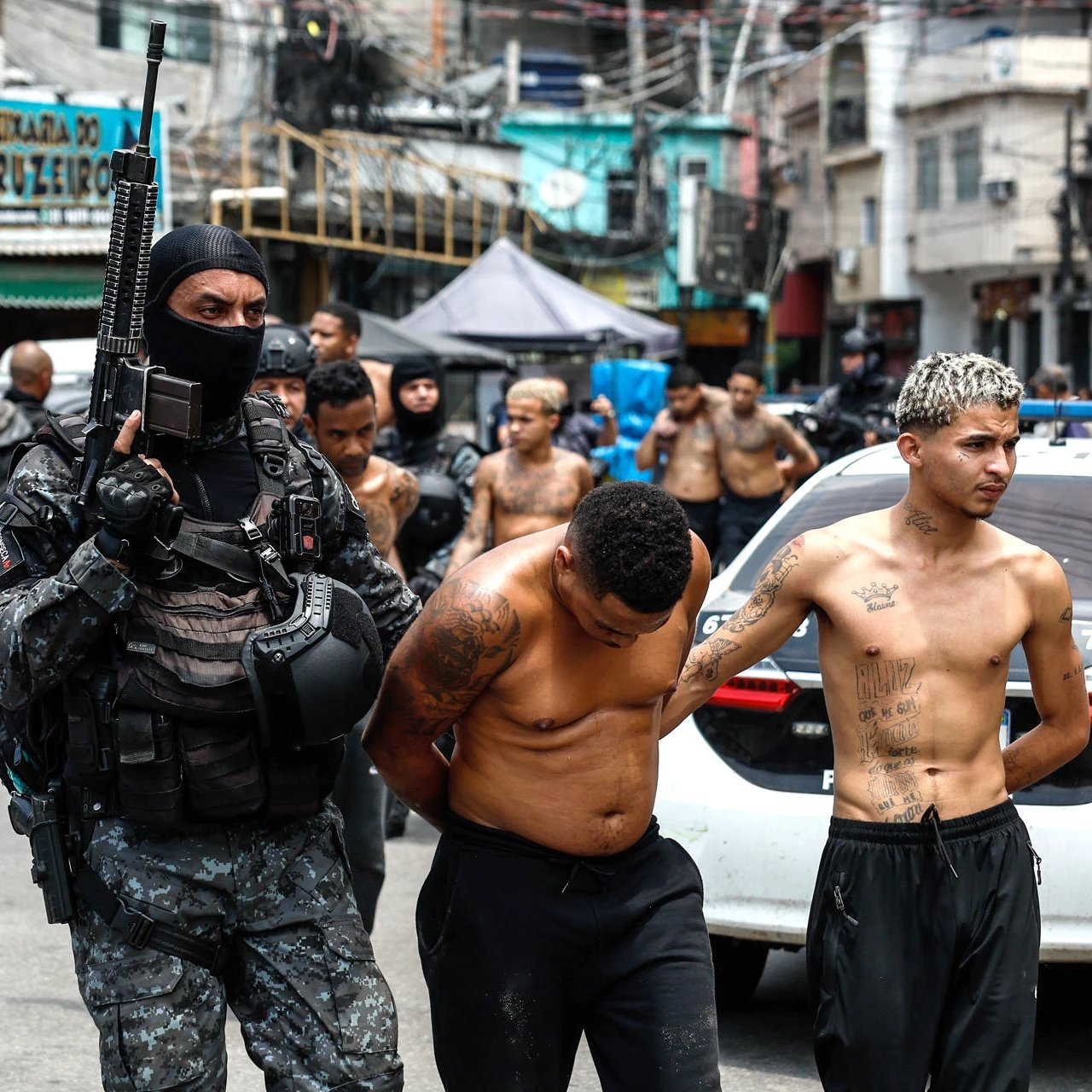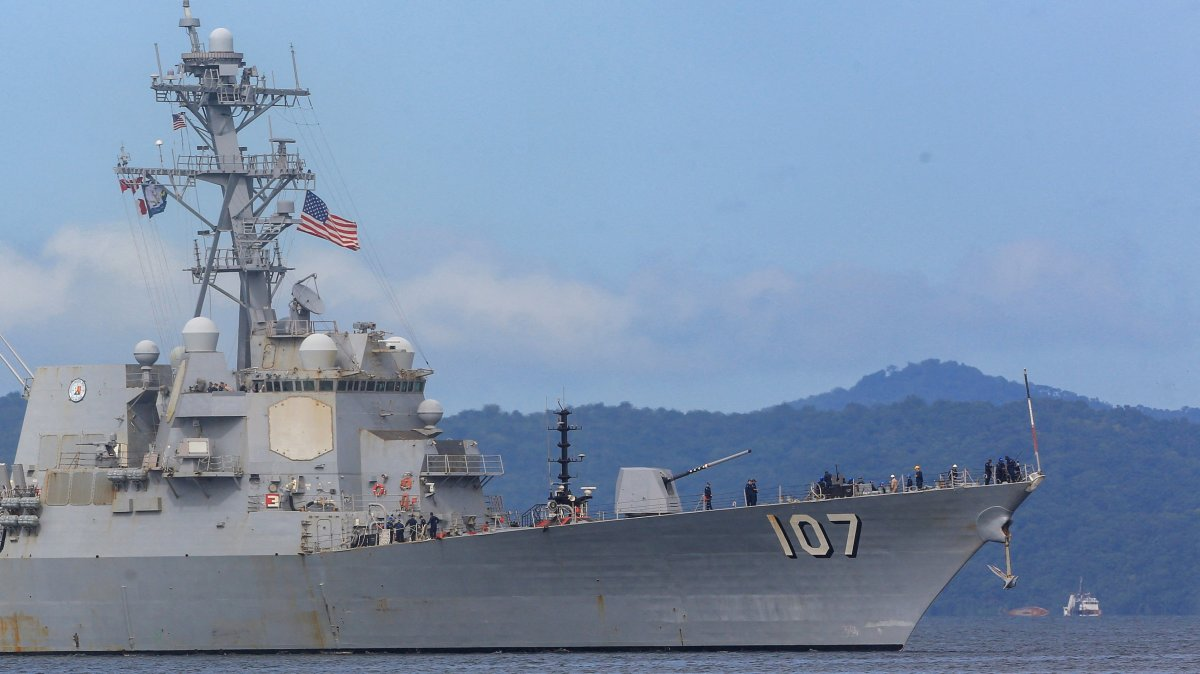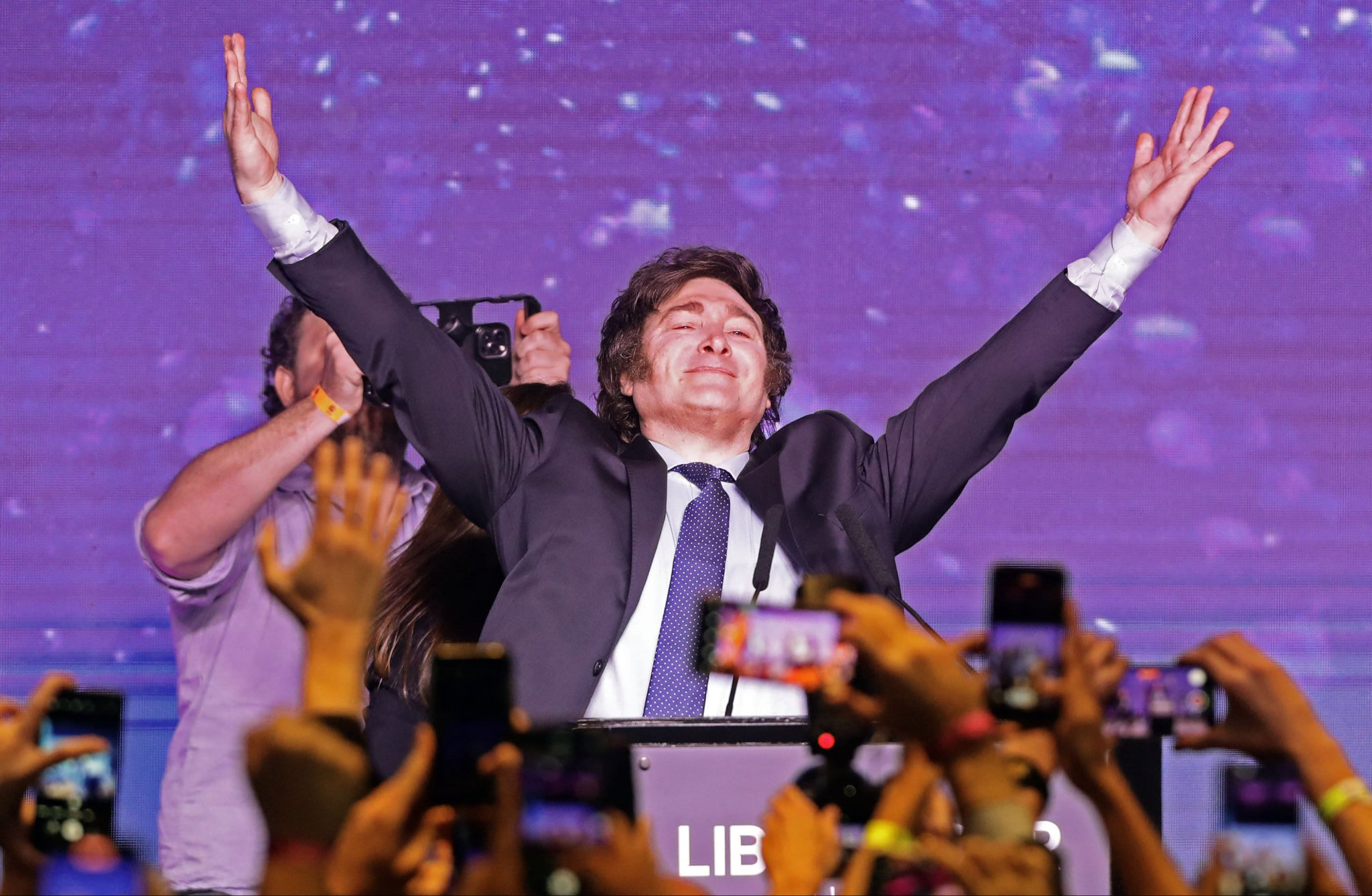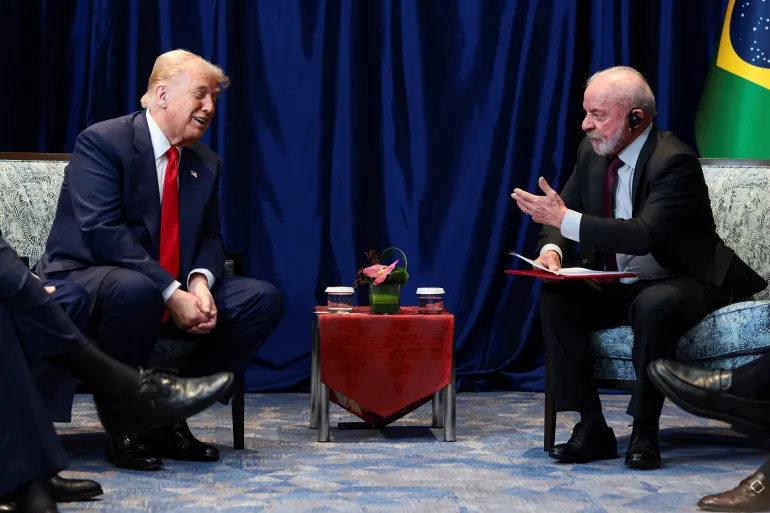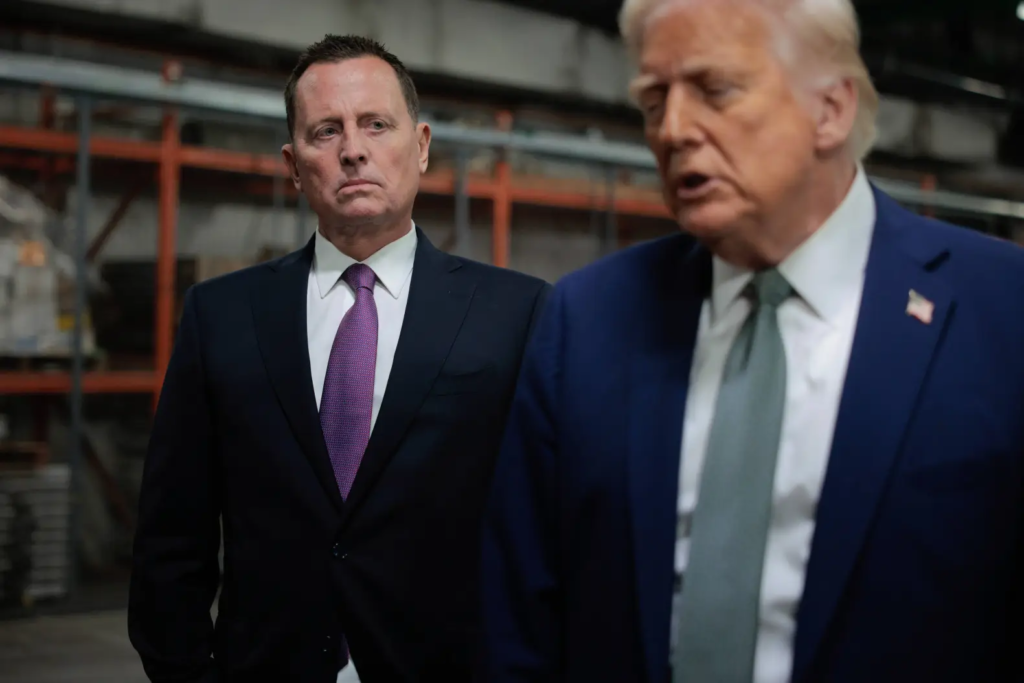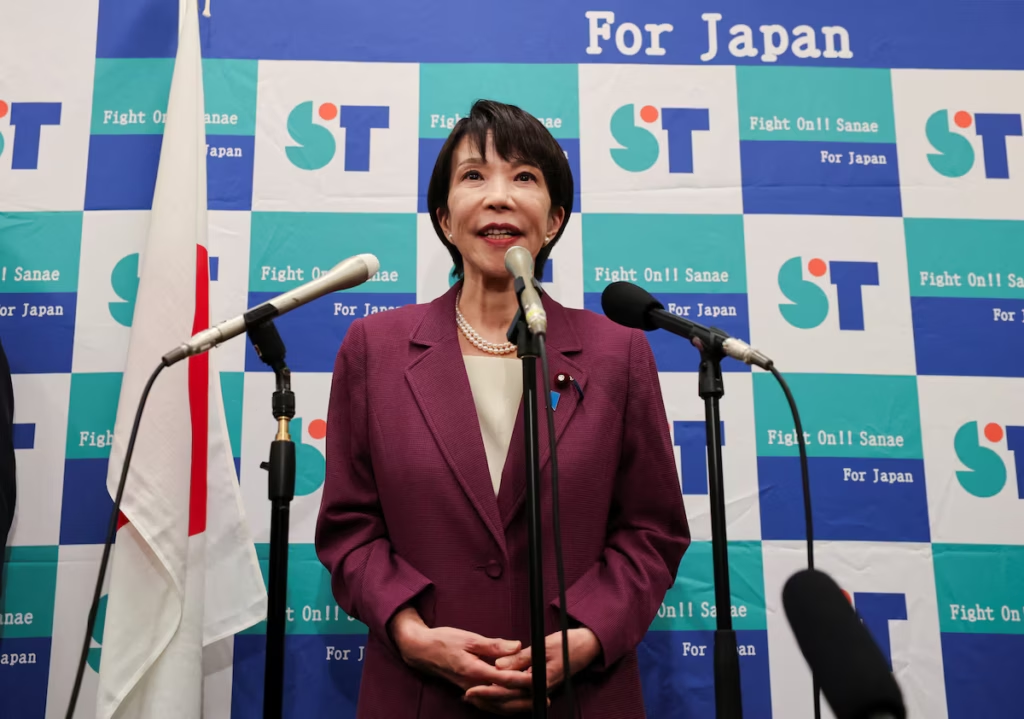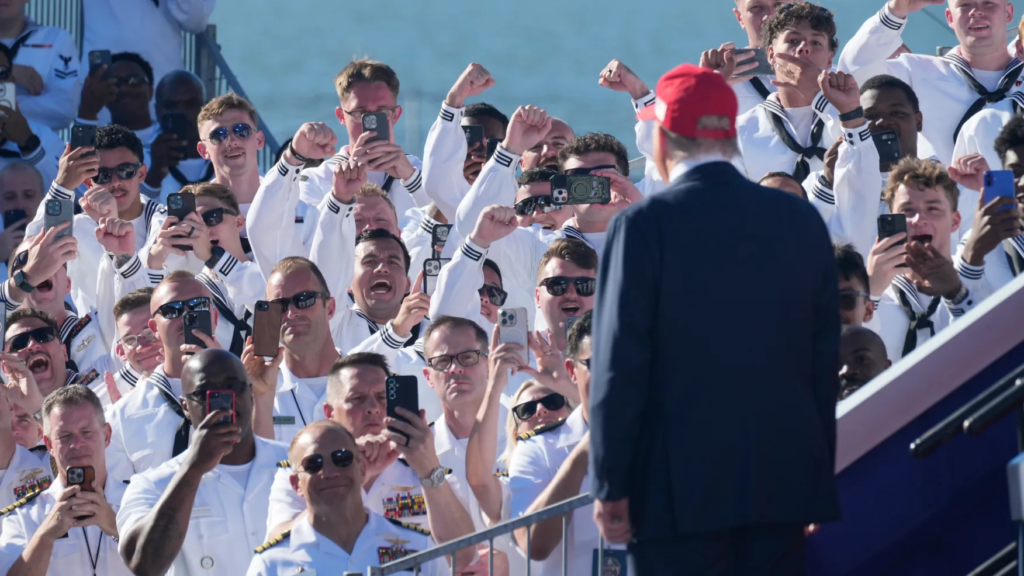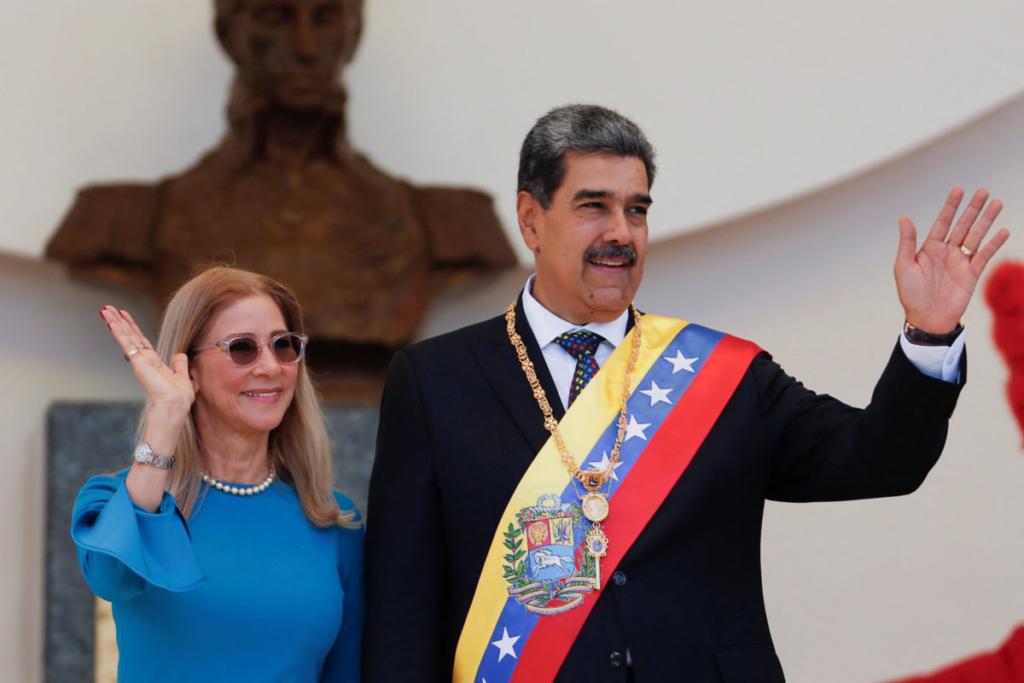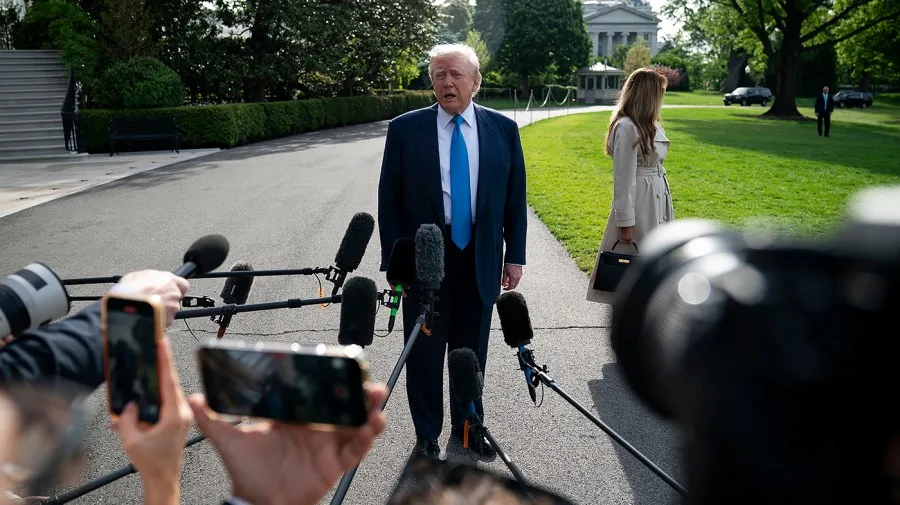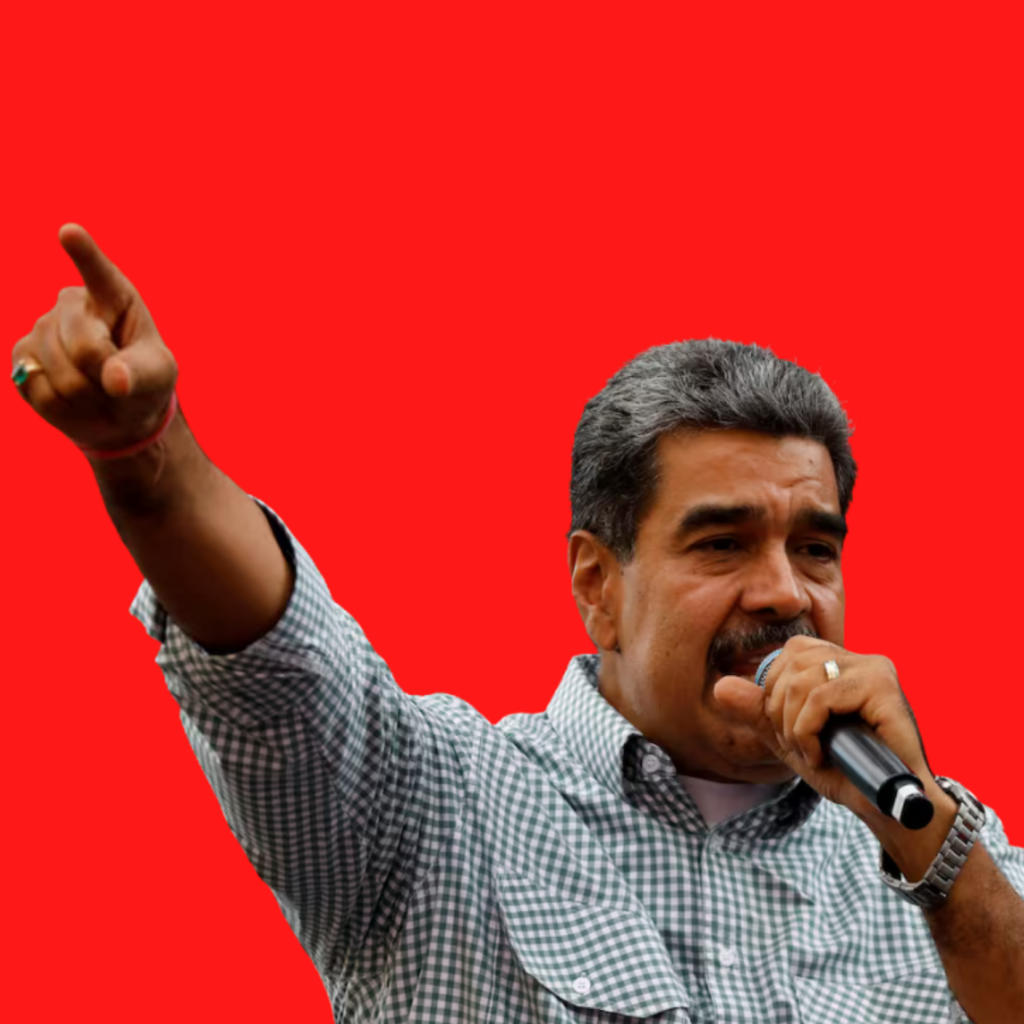Shortly before a highly anticipated meeting with Chinese President Xi Jinping, U.S. President Donald Trump ordered his Department of War to resume nuclear weapons testing for the first time since the end of the Cold War.
Whether the announcement, which was shared on Truth Social, was a negotiating tool to weigh as leverage over his Chinese counterpart 45 minutes before his sitdown with President Xi, it nevertheless stirred speculation among spectators and media commentators, and likely sparked an unpleasant surprise for the Chinese delegation.
However, the president expressed a sense of urgency on the matter, stating, “I HATE to do it, but had no choice! Russia is second, and China is a distant third, but will be even within 5 years.”
The U.S. president cited, “because of other countries testing programs, I have instructed the Department of War to start testing Nuclear Weapons on an equal basis”, and to begin “immediately”.
Although multiple nations have active nuclear weapons programs, none have actively tested their weapons with nuclear warheads this century, with the exception of North Korea, according to the Arms Control Association (ACA).
The United States has not conducted nuclear testing since 1992, after the collapse of the Soviet Union, with whom the United States had been engaged in the Cold War for nearly half a century.
The announcement from the U.S. president was made while in South Korea on the third and final leg of an Asia trip in a bid to finish up trade negotiations and reaffirm U.S. alliances with regional partners.
The announcement also comes days after Russia announced its own testing of a new nuclear-capable Burevestnik cruise missile, powered by a small nuclear reactor, giving it virtually unlimited range.
Russian authorities say that the tests were “not nuclear.”
While on board Air Force One and preparing to depart for Washington, President Trump suddenly proposed pursuing “denuclearization” effort with the Russian government, and floated including the Chinese in the process.
The Kremlin warned on Thursday that it would “act accordingly” if a Cold War-era moratorium on nuclear weapons testing was violated.

